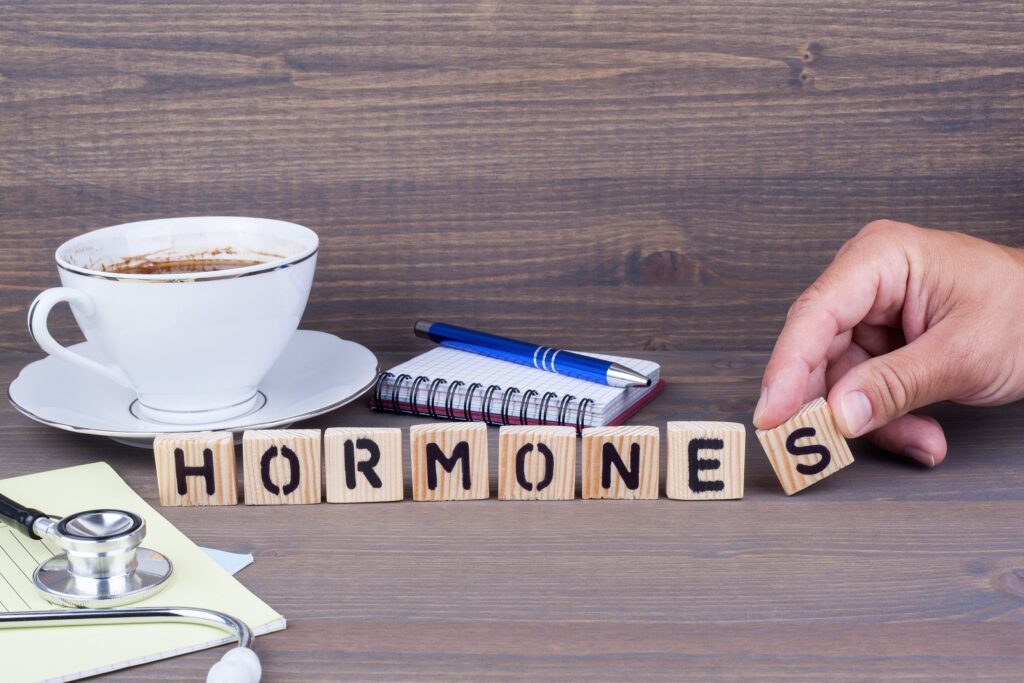Hormone replacement therapy can be a confusing topic. There are MANY options available for testing that claim they can help you feel like your old self, but you can only try so many pills, patches, creams, injections and even suppositories before getting frustrated and getting to the point of giving up.
One option many people wait to try last are pellets. Estrogen and testosterone therapy by implantation of pellets is a safe and effective method of hormone therapy for both men and women. Pellets are not only convenient but also economical since you only need replacement implants every 3-5 months. You also avoid the fluctuations, or ups and downs, of hormone levels seen with every other method of delivery.
Pellets have been used in the United States since the 1940’s and data supports it is the most effective and the most bio-identical method to deliver hormones in both men and women. When compared to conventional hormone replacement therapy, pellets have been shown to be superior for relief of menopausal symptoms, maintenance of bone density, restoration of sleep patterns, and improvement in sex drive, libido, sexual response, and performance.
Oftentimes, people assume only women are affected by hormone imbalances as we age but men are just as likely to experience hormonal symptoms due to aging. Testosterone levels begin to decline in men beginning in their early 30’s. Most men maintain adequate levels of testosterone into their mid 40’s to mid 50’s, some into their late 70’s to early 80’s. Even men in their 30’s can be testosterone deficient and show signs of bone loss, fatigue, depression, erectile dysfunction, difficulty sleeping and mental decline. Most men need to be tested around 50 years of age. It is never too late to benefit from hormone therapy.
Hormone pellets deliver consistent, healthy levels of hormones for 3-4 months in women and 4-5 months in men. Hormone pellet therapy does not increase the risk of blood clots like conventional or synthetic hormone replacement therapy.
Pellets really are best. Some patients begin to ‘feel better’ within 24-48 hours but it can take up to 4 weeks. At this point, new labs are drawn to make sure your hormones are at optimal levels! However, don’t forget, diet and lifestyle, along with hormone balance are critical for optimal health! Contact us today to learn more!



